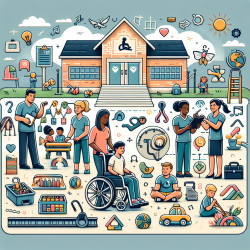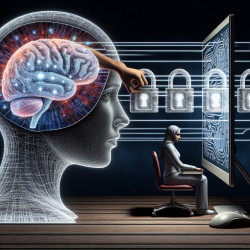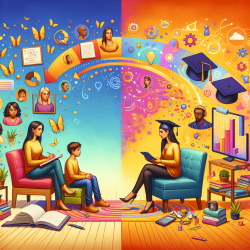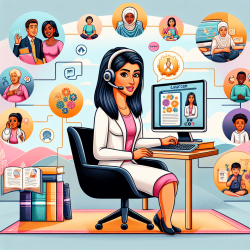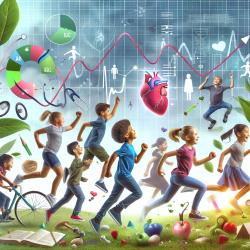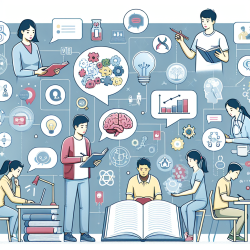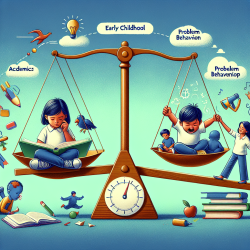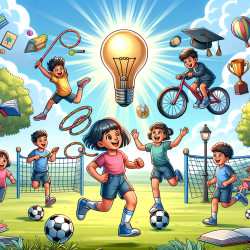As a Special Education Director, I often get asked about the array of services that support students with disabilities. These services, known as related services, play a crucial role in ensuring that students can fully benefit from their special education programs. In this blog, we'll break down what related services are and who is responsible for providing them.
What Are Related Services?
Related services, as defined by the Individuals with Disabilities Education Act (IDEA), encompass a variety of supportive services designed to help students with disabilities benefit from special education. These services include:
- Speech/language pathology and audiology services
- Psychological services
- Physical and occupational therapy
- Recreation, including therapeutic recreation
- Social work services
- Adapted physical education
- Counseling and guidance services
- Medical services for diagnostic or evaluation purposes
In California, these related services are referred to as "Designated Instruction and Services" (DIS). Regardless of the terminology, the goal remains the same: to provide necessary support to students with disabilities.
Who Provides These Services?
Typically, the local school district is responsible for providing related services. These services are offered at no charge to the parents and are integral to the student's Individualized Education Program (IEP). The IEP team, which includes parents, teachers, and specialists, determines which related services are necessary for the student to succeed.
Given the complexity and range of these services, school districts often face challenges in staffing qualified therapists and specialists. This is where online therapy services, like those provided by TinyEYE, can be incredibly beneficial. By leveraging technology, schools can ensure that students receive the necessary support without geographical constraints.
Why Are Related Services Important?
Related services are essential because they address various needs that go beyond traditional academic instruction. For example:
- Speech/language pathology: Helps students with communication disorders improve their speech and language skills.
- Occupational therapy: Assists students in developing fine motor skills necessary for daily activities.
- Psychological services: Provide mental health support and address behavioral issues.
These services work together to create a comprehensive support system that addresses the unique needs of each student, enabling them to thrive both academically and personally.
For more information, please follow this link.
